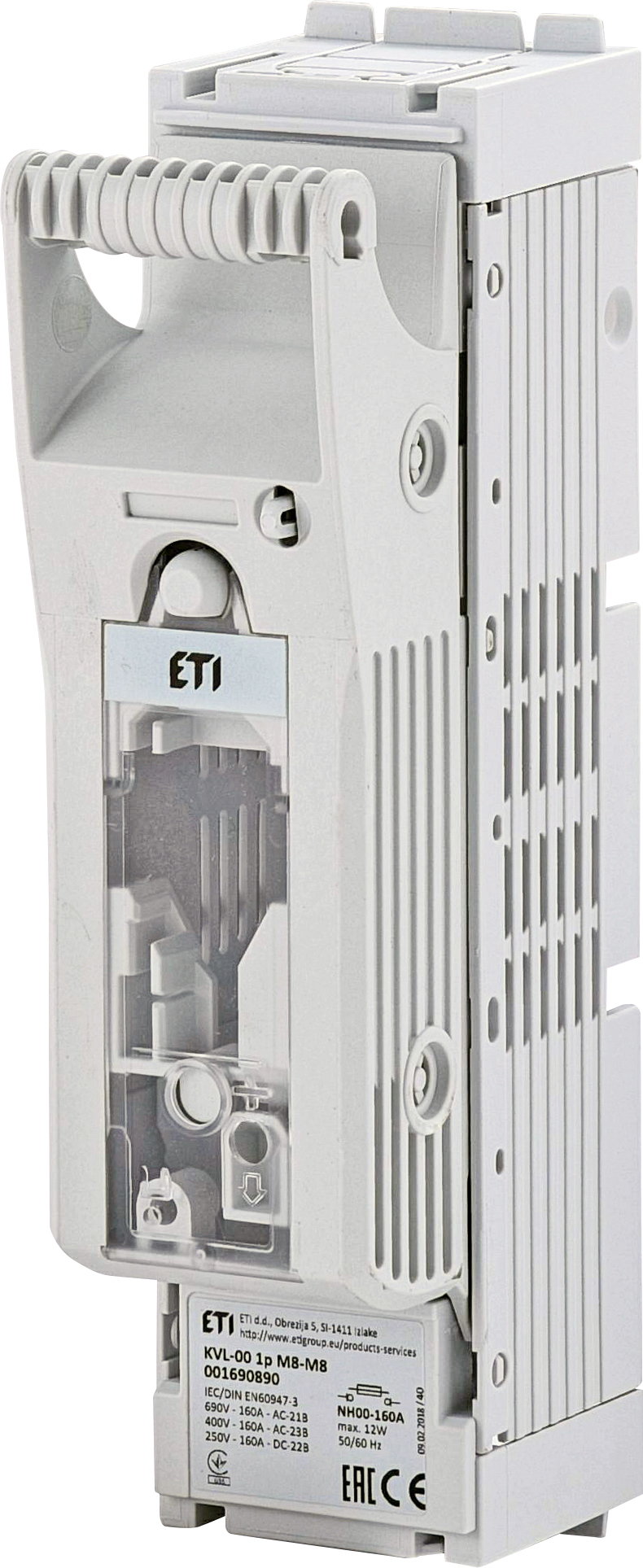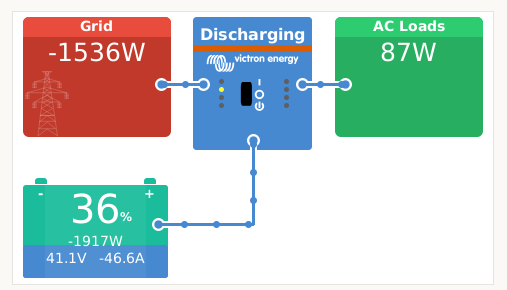Hello everyone,
I want to put a double pole MCB between a MultiPlus-II 48/3000/35-32 and 3 48V Pylontech batteries.
Pylontech recommends 25A for each Package and it supports up to 100A of discharge for each Package.
Victron states in manual:
-You must have the minimum number of battery modules to supply the inverters startup inrush surge currents that charge the capacitors when the inverter is first connected, this occurs prior to any loads being connected. For this Inverter, 2 Batteries are minimum.
-Victron recommends a 125A MCB between battery and Inverter, since its Peak power is 5500Watt (3000 AC Load + 1500 feeding in shore power)
We dont want to feed in the shore power, so only ac loads left. 3000 W / 48 V = 62,5 A. So an 80A MCB should be fine, but maybe the Inverter wants to pull more current? Maybe the stated 125A due to the startup inrush current?
I found 3 MCBs (80A, 100A, 125A) from the same series from ABB
https://new.abb.com/products/2CCF019606R0001/s802pv-sp80-high-performance-mcb
I really would like to use an 80Amp MCB, so that the Inverter does not pull much more than the calculated 62,5 Amps.
My Questions:
Do you think the 80Amp MCB will "handle" the startup inrush current?
Does the MCB could have a minimum operating Voltage(Datasheet not found)? Is 48V fine?
Is the rated Ultimate Short-Circuit Breaking Capacity (Icu):(800 V DC) 5 kA enough for a 7,2kWh battery system?
If you have remommendations for other MCBs, please share.


